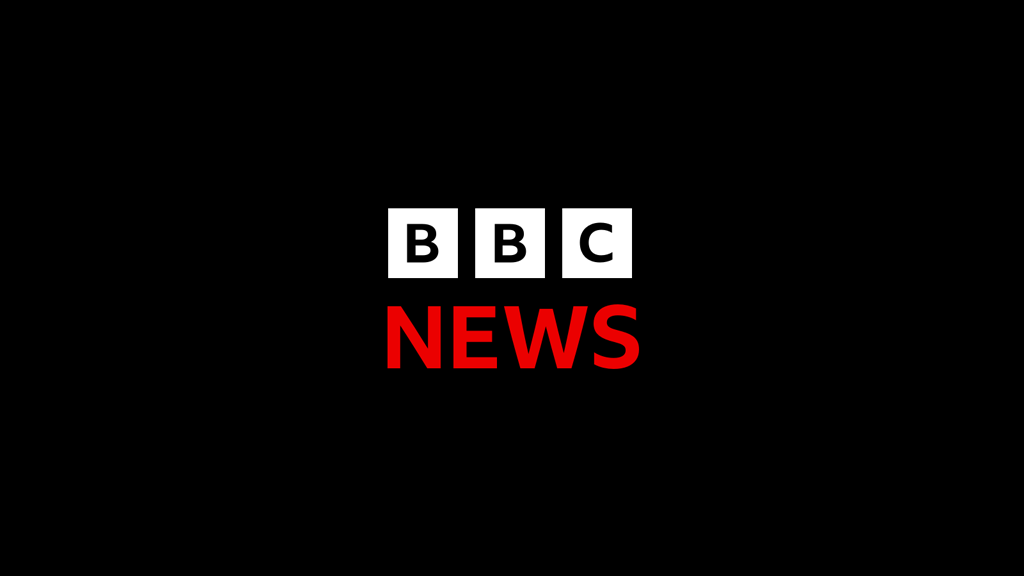A Scottish gangster who orchestrated a plot to smuggle £100 million worth of cocaine from South America in boxes of bananas has been jailed for 20 years.
Jamie ‘Iceman’ Stevenson admitted directing the import of the drug, which was seized by Border Force teams in Dover in September 2020.
The plot was discovered after an encrypted messaging platform used by criminals was infiltrated by French police.
Stevenson also planned to flood Scotland with millions of Etizolam tablets, also known as street Valium, from a factory in Kent.
The 59-year-old, from Rutherglen in South Lanarkshire, was a leading figure at the highest levels of organized crime in Scotland.
He was once described as Scotland’s answer to Tony Soprano, the mafia boss from the television series The Sopranos. In 2022, he was on a list of Britain’s 12 most wanted men.
Last month, Stevenson admitted his involvement in the production and supply of Etizolam and in smuggling a tonne of cocaine – which police estimated would have been worth £100 million on the street – into Britain.
He was jailed for a total of 20 years when he appeared at the High Court in Glasgow for sentencing.
Five other men: David Bilsland, 68; Paul Bowes, 53; Gerard Carbin, 45; Ryan McPhee, 34; and Lloyd Cross, 32, also pleaded guilty to serious organized crime and drug offences.
Carbin was sentenced to seven years in prison; Bilsland, Bowes and Cross were all jailed for six years; and McPhee was jailed for four years.
Lewis Connor, 27, was jailed for three years in July after the investigation revealed coded phone messages showing him setting fire to property and vehicles in central Scotland.
The drugs operation, which included Britain, Spain, Ecuador and Abu Dhabi, was targeted by police in an investigation dubbed Operation Pepperoni.
Officers had been investigating reports that Bilsland, a fruit trader from Glasgow, had links to organized crime. He then met Stevenson at a hotel in Spain.
Around the same time, officers had learned that Stevenson was involved in setting up a factory in Kent producing millions of Etizolam tablets.
In June 2020, the factory was raided and Stevenson was arrested in Glasgow.
He was taken to England by police before being released on bail. He then fled Britain and spent almost two years on the run before being arrested in the Netherlands.
The National Crime Agency said Stevenson continued to direct imports of cocaine from abroad into Britain.
Prosecutor Alex Prentice KC previously told the court that the messages on the encrypted telephone network EncroChat showed Stevenson discussing plans to import kilo blocks of cocaine with Cross, and that using Bilsland gave “an appearance of legitimacy”.
A tonne of the drug was seized in a raid by Border Force teams in Dover in September 2020.
They found 119 packets of cocaine hidden in boxes of bananas from Ecuador, destined for Glasgow. It took officers three days to recover the drugs from the shipment.
Defense barrister Thomas Ross KC told the court that Stevenson knew exactly what he was doing and had made “a series of poor decisions” the motivations of which were clear.
“He takes responsibility for all those decisions and doesn’t try to shift the blame to anyone else,” he said.
Deputy Crown Constable Kenny Donnelly, who leads the fight against serious organized crime for the Crown Office and the Procurator Fiscal Service, said Stevenson and his associates were involved in drug trafficking “on an industrial and global scale”.
He said the coded messages showed Stevenson was the leader directing the others.
“The cocaine they intended to distribute would undoubtedly have contributed to the misery in our communities,” he said.
“These convictions are testament to the forensic and meticulous work carried out by specialist Crown Office prosecutors to bring Stevenson and his five co-accused to justice.”

